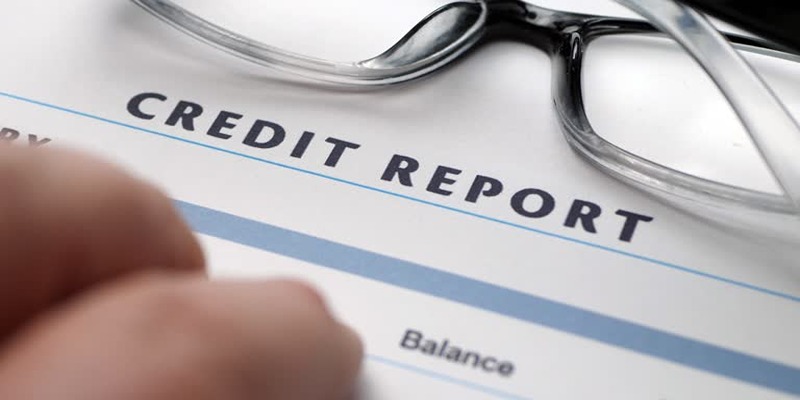Deciding when to start collecting Social Security retirement benefits isn't just about picking a number. It's a personal choice that blends finances, health, lifestyle, and expectations about the future. Some people want to claim benefits early to enjoy retirement while still active.
Others prefer to wait for a larger monthly check later. There isn't a perfect age that fits everyone, but clear trade-offs exist. What you choose can affect how much you receive and how long that money lasts throughout your retirement years.
Understanding the Age Options
Social Security offers a window for starting retirement benefits at age 62 and stretching to 70. The "full retirement age" (FRA) typically falls between 66 and 67 based on your birth year. Taking benefits before reaching your FRA reduces your monthly amount. Waiting past your FRA increases your monthly income up to age 70. After that, no additional credits apply.
If you claim at 62 and your FRA is 67, you’ll receive only 70% of your full benefit—a 30% reduction. Waiting until 70, on the other hand, increases your benefit to about 124% of your full amount. That's a sizeable monthly difference. But more per month doesn't always mean more overall. It depends on your life expectancy. Delaying benefits could lead to more money if you live into your 80s or beyond. But if you have health concerns or don't expect to live as long, taking benefits earlier might make better sense.
The best age for Social Security retirement benefits depends on how long you expect to need that income. The longer you wait, the bigger the monthly check—but you receive fewer. Choosing the right time hinges on your health, finances, and plans.
How do Work and Income Affect the Timing?
Your benefits may be temporarily reduced if you claim Social Security while working under your FRA. There's an annual earnings limit. In 2025, that limit is $22,320. If you exceed it, Social Security withholds $1 for every $2 earned above the limit. The earnings threshold increases in the year you reach your FRA, and the penalty lessens to $1 for every $3 earned over the limit. Once you reach full retirement age, the penalty disappears completely.

If you're still working and earning a decent income, delaying claiming until you reach your FRA might make sense. That way, your benefits aren't reduced, and you continue to increase your future monthly payment. But if your work is winding down or you're shifting into part-time roles with lower income, early benefits might help supplement your earnings.
Other retirement income sources matter, too. You may not need Social Security immediately if you have savings, pensions, or rental income. Waiting can give you a larger guaranteed income later. But if your savings are limited, starting Social Security sooner could help ease your financial burden. It's about finding a sustainable balance.
The Role of Life Expectancy and Lifestyle
None of us can predict exactly how long we'll live. However, estimating your life expectancy based on your health and family history can guide your timing. Social Security is designed to roughly equal lifetime benefits whether you start early or late. But real-life scenarios don't always match that math.
If you're in good health and have relatives who've lived into their 80s or 90s, delaying benefits may lead to more money over your lifetime. If you're dealing with chronic health issues or your parents died younger, claiming early could be more beneficial. For many, the best age for Social Security retirement benefits is the one that fits their personal health outlook.
Lifestyle also plays a big role. If you want to travel, explore new hobbies, or enjoy more active years starting at 62, that might influence your decision. Some retirees are eager to shift out of work and into more personal freedom. Others prefer the financial stability of waiting and collecting a larger monthly payment. Neither choice is wrong—it depends on what kind of retirement experience you aim for.
Couples can benefit from making coordinated decisions. For example, if one spouse earned significantly more, it might make sense for that person to delay benefits to maximize spousal and survivor benefits. The other spouse can claim earlier, providing some income while the larger benefit grows.
Putting It All Together
The best age for Social Security retirement benefits isn't universal—it's personal. Your health, finances, and goals shape your decision to keep working. Taking benefits at 62 works well for those who need the income or want to enjoy retirement sooner. Waiting until 70 suits those aiming for long-term financial Security and who expect to live longer.

It helps to consider this decision in the context of your whole financial picture. How much have you saved? What are your other sources of income? How much do you plan to spend? Running different retirement scenarios can clarify which timing option best fits your life.
The secondary keyword comes into play when you examine how timing your Social Security interacts with other pieces of your plan. Your savings, expenses, and any part-time income influence the best approach. Social Security doesn't exist in a vacuum—it's one part of your retirement plan. Making the right decision comes down to blending timing with your reality, not a formula.
Conclusion
There's no single best age for Social Security retirement benefits. Some people gain more from taking it early, while others benefit from waiting. The right time for you depends on how long you plan to work, how long you expect to live, and what kind of retirement lifestyle you want. Your financial situation, health, and preferences all play a role. Think of Social Security as one piece of the puzzle. When you consider it alongside your savings and spending plans, you'll be better positioned to choose the best age for your future.












